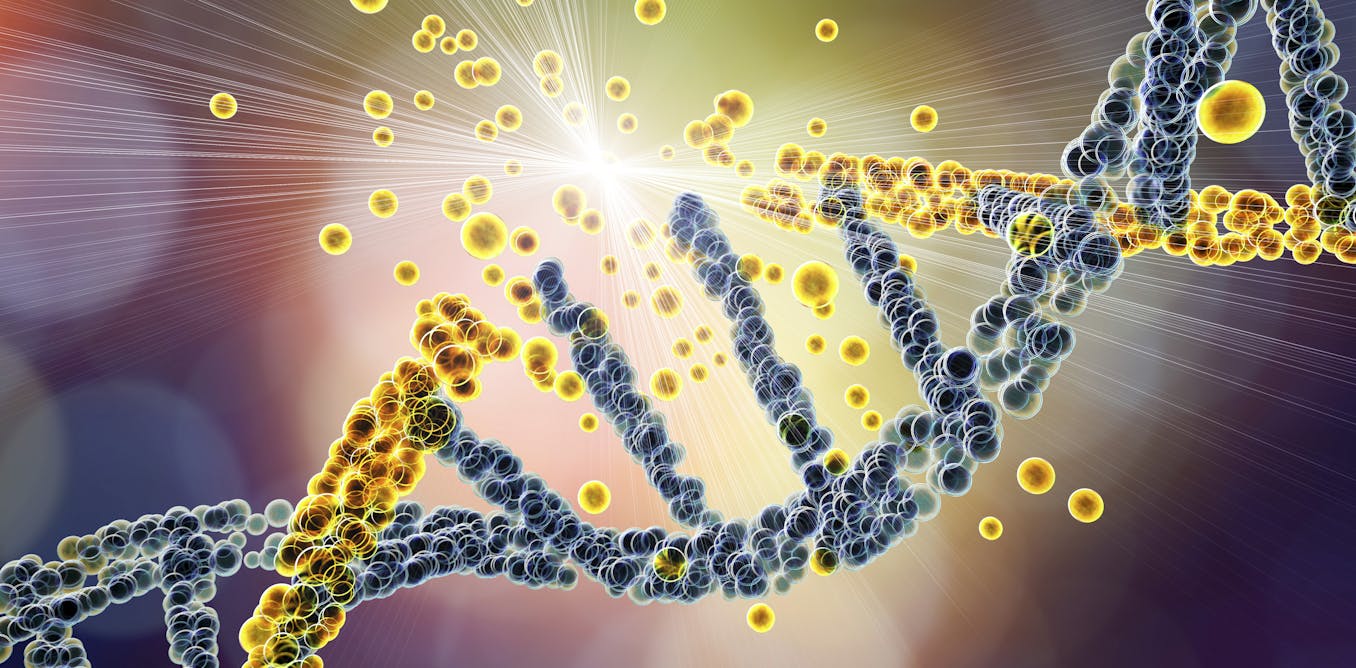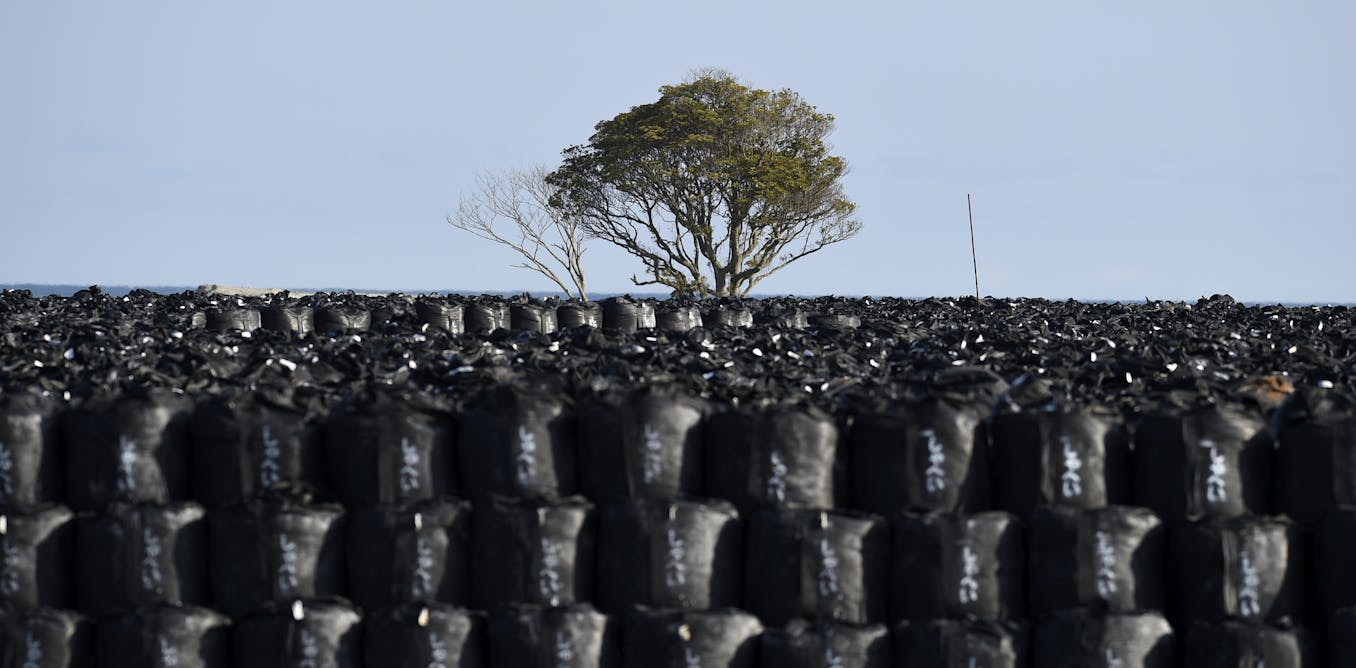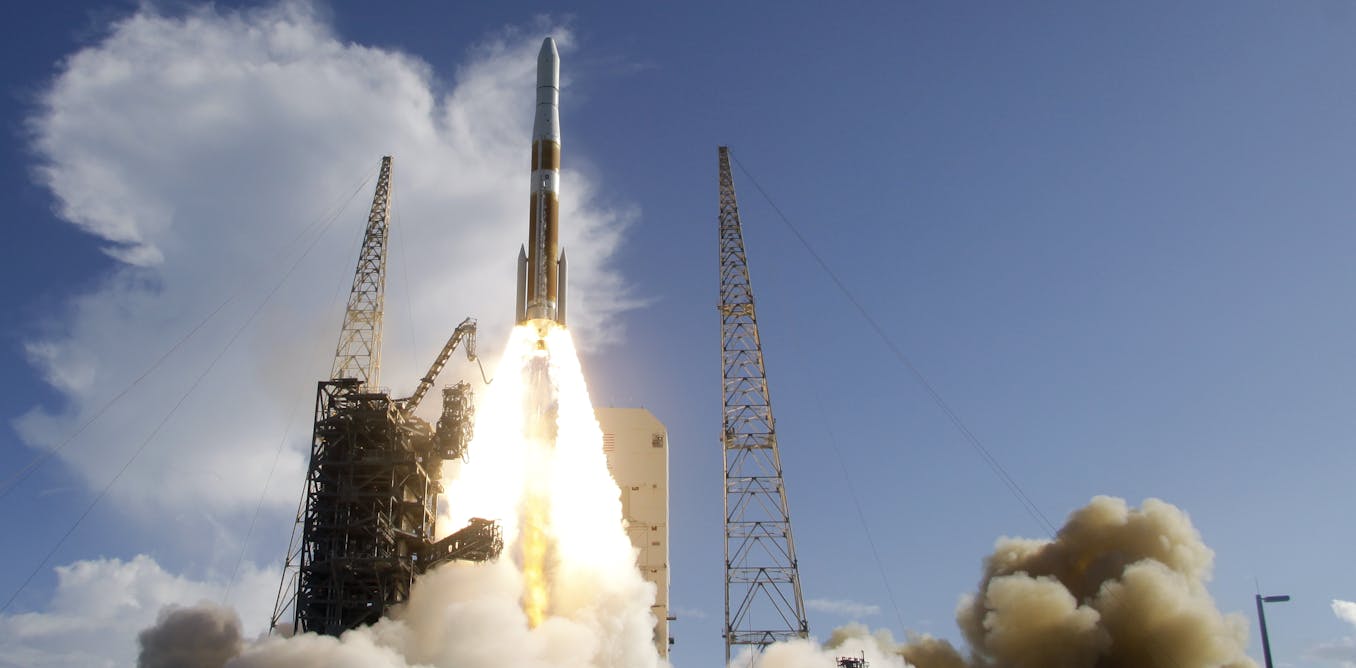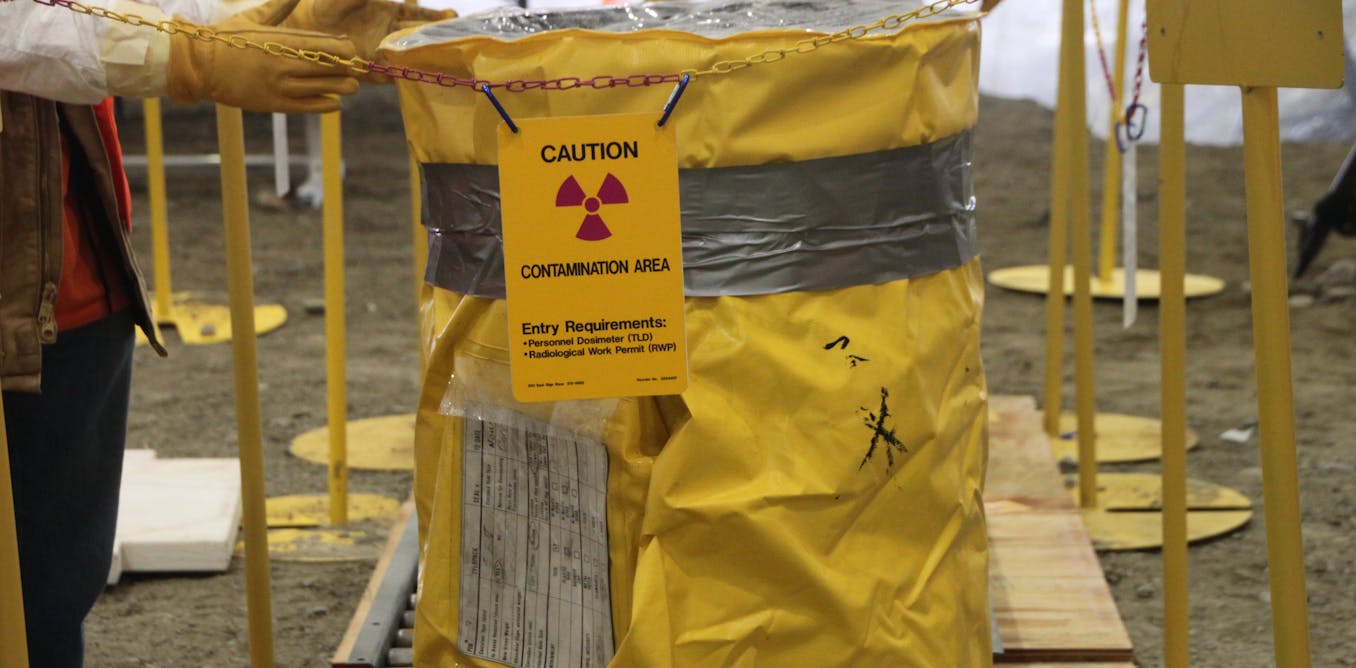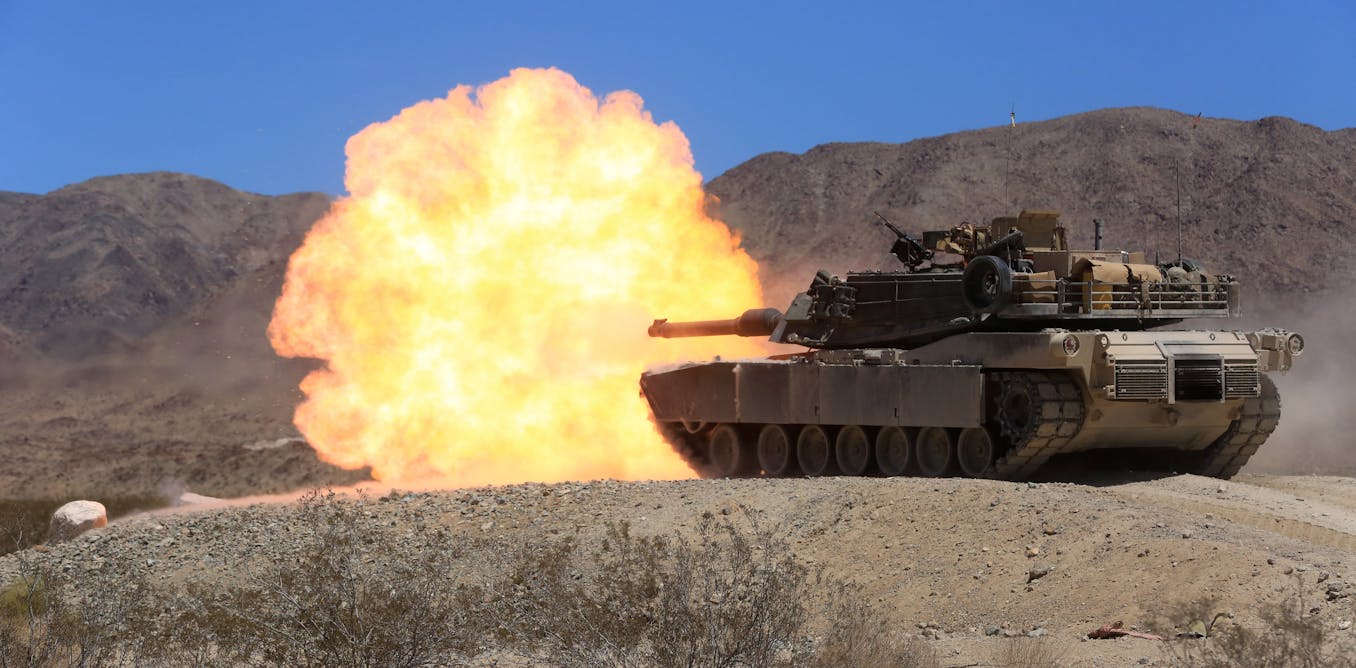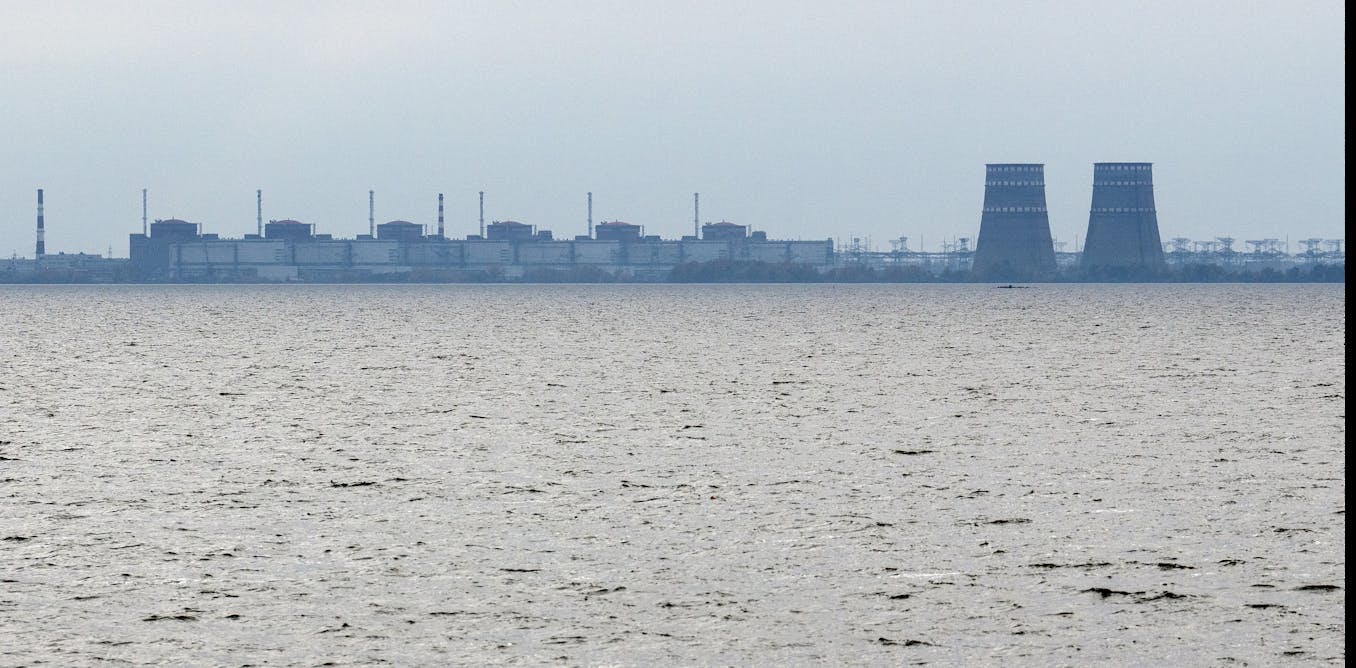Space tourists and crew suffer high radiation risks – regulation is needed to protect them
Sudden changes in space weather, such as solar flares, for example, could have significant health implications for crew and passengers.
March 18, 2024 • ~6 min



